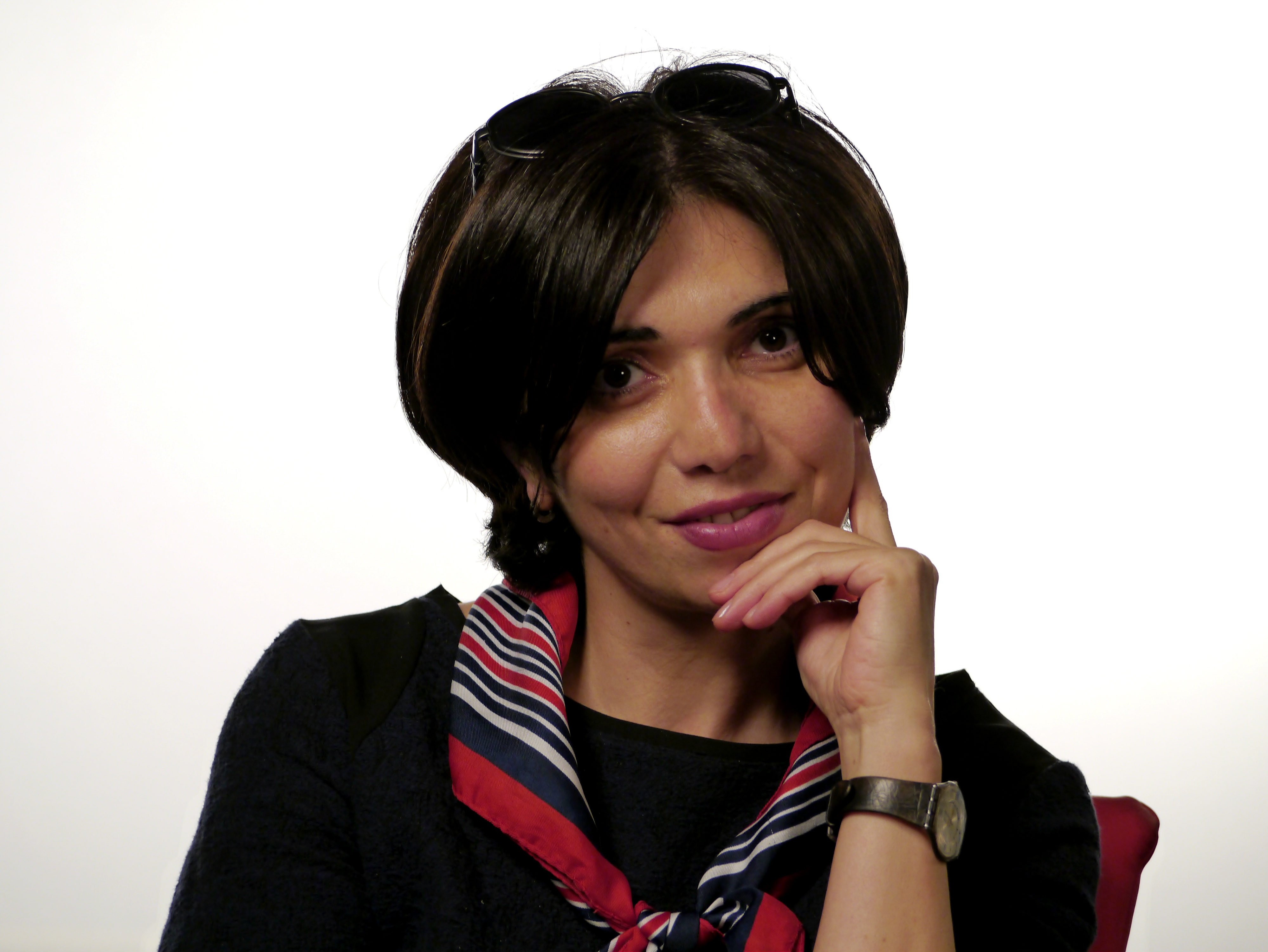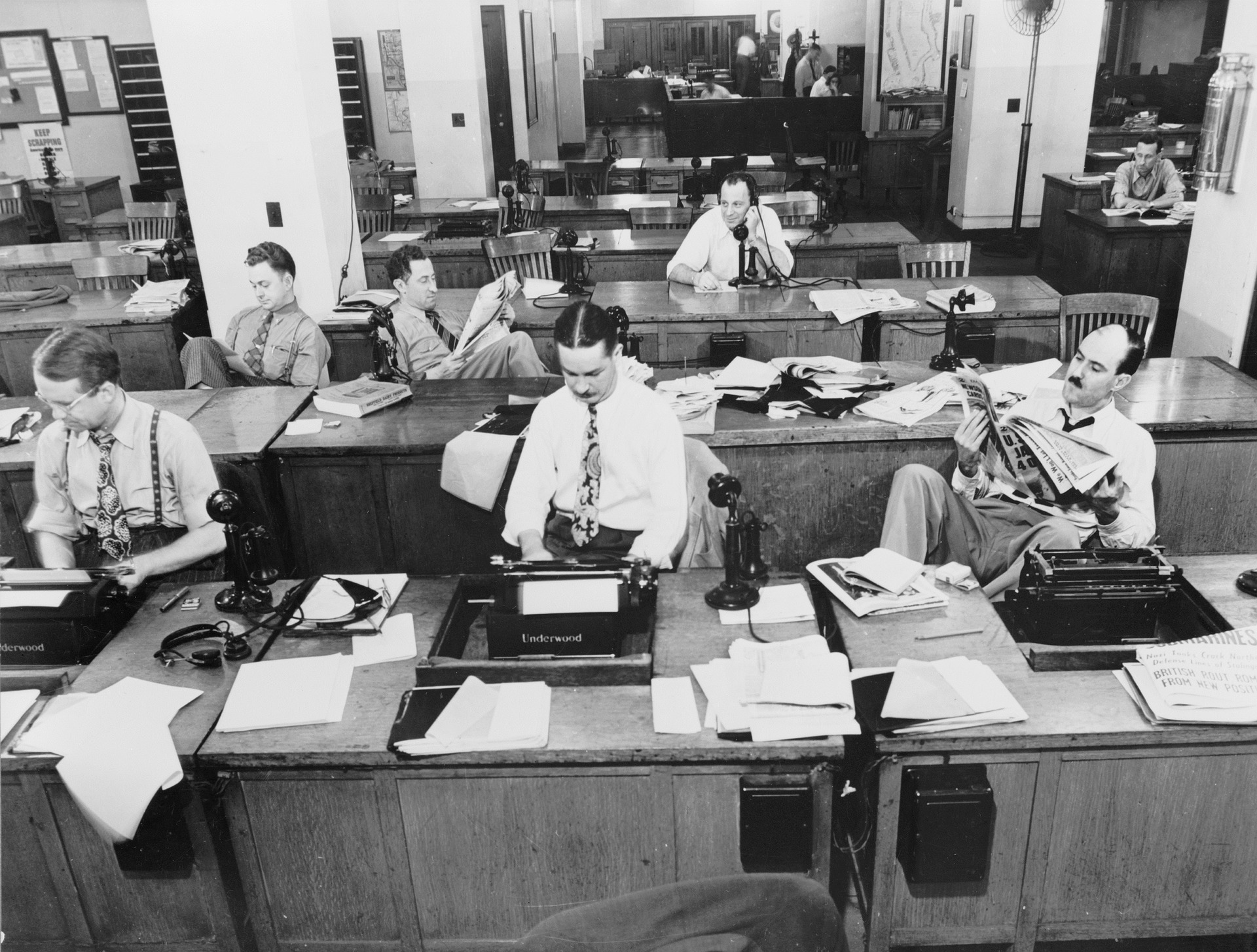2-3 years ago, during a reportage, a journalist from the Washington Post was explaining that the newsroom, when hiring journalists, gave preference to candidates with knowledge of digital technologies, since there are many Tolstoys, but few digital technology experts. That statement really struck me, it even seemed offensive. How is it that there are many Tolstoys?
But today already, when a professional website has a job offer, like this for example, it becomes clear, that without additional skills, without necessary computer skills, without proficiency of at least two foreign languages, finding high-paying jobs is not possible.
In Armenia’s job market, in the vacancy announcements for journalists, the preference is often not so much for specialized education as much as it is for the ability to use online tools. Here is another sample ad, where the priority is not given to the journalist’s vocational education, but rather the preference is given to good knowledge of the Armenian language, excellent knowledge of English and Russian, computer skills, possession of Photoshop or a similar program.
And this is not the whim of editors, employers. The media environment is rapidly changing, therefore the “classic” journalism education is no longer enough. In the early 2000s, the technical equipment of journalists was very modest: paper, pen, and, at best, a voice recorder. Few journalists were able to work with computers.
We put the article to paper. There were special data entry staff. The journalist’s main job was finding the news, professionally formulating it, and publishing. Comprising of these modest tools, today these journalists are no longer competitive.
The expected demands of journalists in newsrooms today are different. Moreover, having an education in humanities is no longer enough for journalists.
The border between humanitarian and technical education, in general, is beginning to be erased: along with the work even the “most classic” philologist is required to revise and complete their knowledge. In particular, cope with modern technology, complete articles with links, place it on the website, use photos and cameras, and where appropriate, develop the photos, edit the videos.
For newsrooms, in order to be freed of the additional costs of a universal journalist, there is the opportunity to save on other positions. The newsroom, for example, will be freed of the photographer, editor and even proofreader positions, if the journalist, in addition to searching for information, includes the corresponding photo or video series, composes the words correctly and without spelling, punctuation errors.
Of course, the media’s output would be considerably more high-quality if the job was split into specific functions: the journalist exclusively writes, and there would be a position for an editor, just like how, for example, today in “Haykakan Zhamanak” newspaper, I am very confident about my article, since I know that an additional set of eyes must look it over.
One more consideration: Besides the professional skills of journalists expected from employers, they have begun to note a person’s qualities in those announcements as well: rapid integration into a new environment, doing teamwork, ability to make quick decisions within a large flow of information, requests to be polite. To specifically emphasize these features is often a necessity, to avoid journalists who are vulgar, irritable, and cause regular problems for the newsroom.
Just as how the old generation’s phones, with their “modest” capabilities, are no longer that interesting or in demand, employers are also not interested in limited journalists who can only write in the model of Tolstoy and restrict their writing in that way. Journalists must now be multi-functional, universal.
Therefore, in order to be able to compete in the job market, the journalist has only one path: self-education.
Lilit Avagyan







